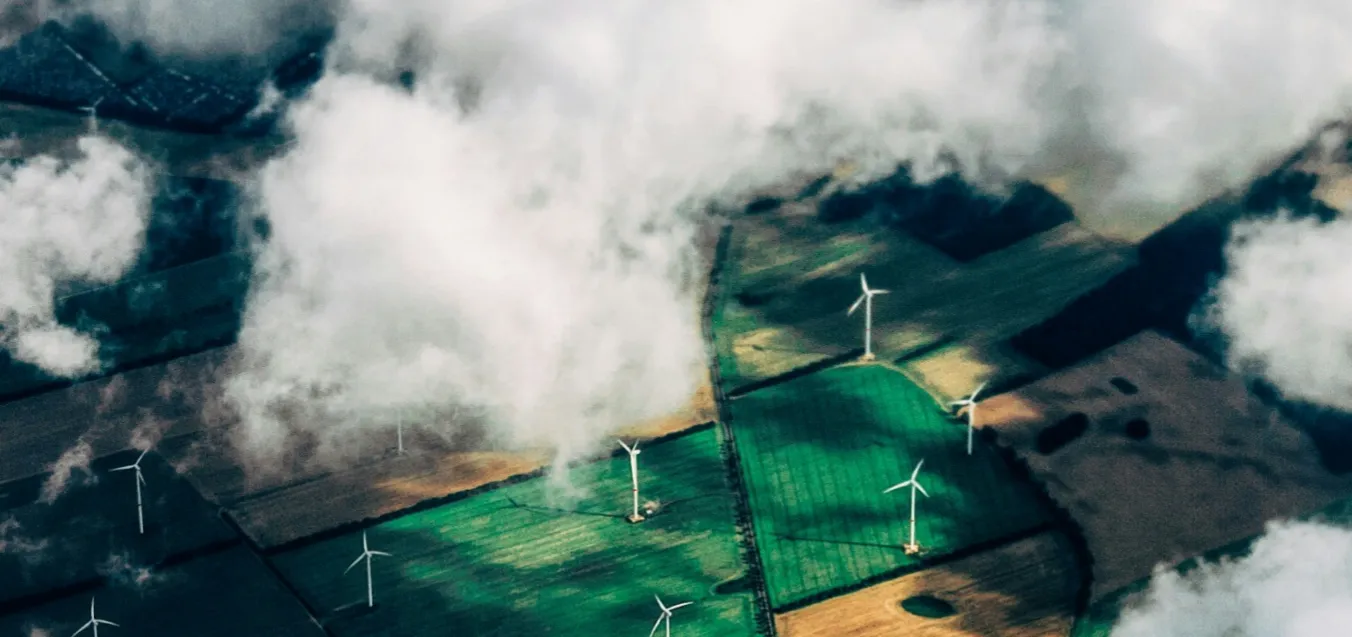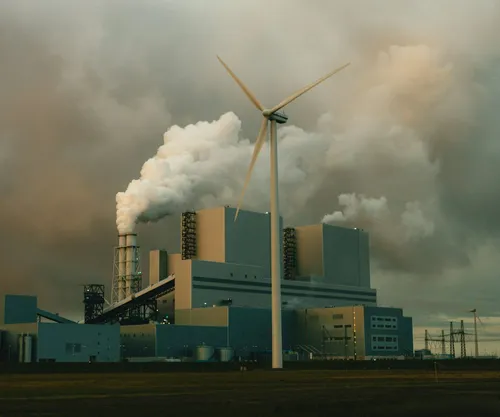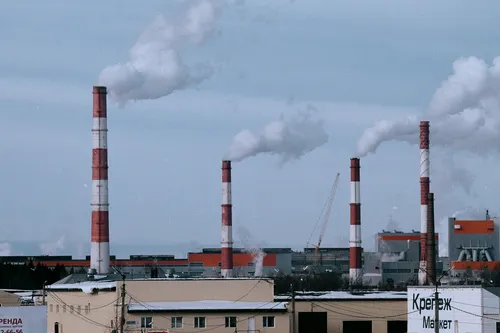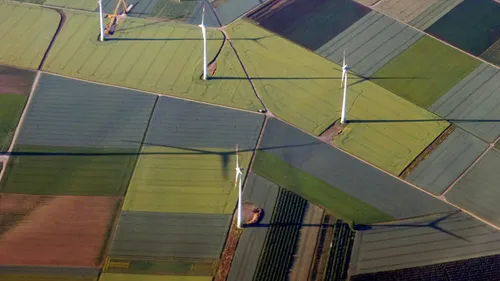What is Carbon?
Carbon as a Chemical Element
Carbon is a chemical element with the symbol C and atomic number 6 on the periodic table. This element belongs to the non-metal group and has a valence of 4, which means there are 4 electrons that form covalent bonds.
Carbon itself is one of the elements whose existence has been known since ancient times, and can be considered as the basic element of all life on Earth. In fact, 20% of the human body consists of carbon.
However, carbon in the human body and other living things does not exist in the form of carbon elements, but rather as compounds or combined with other elements, such as hydrogen and oxygen.
Although there are many types of compounds formed from carbon, carbon rarely reacts under normal conditions (standard temperature and pressure). Carbon is resistant to almost all oxidizers, except for very strong oxidizers.
Carbon Emissions in the Environment
All living things will release 'carbon', especially in the form of carbon dioxide (CO2) compounds. Carbon dioxide is one of the substances released by every living thing through the respiration process. We inhale oxygen (O2) and exhale carbon dioxide (CO2).
Will oxygen run out if we only inhale it and don't produce oxygen?
Simply put, CO2 will be absorbed by plants and through the process of photosynthesis, oxygen will be produced back into the air. However, the rate of CO2 production is much faster than O2 production. With industry, technological advancements, and population growth, carbon dioxide levels on Earth are increasing rapidly. Meanwhile, green areas are becoming increasingly scarce.
In the context of the environment, the carbon that is considered harmful refers to emission gases that have high carbon dioxide content. These gases are produced from the combustion of carbon-containing compounds. For example, smoke from burning gasoline, diesel, wood, leaves, LPG gas, and other fuels containing hydrocarbons.
Carbon emissions have become one of the biggest contributors to global climate change that adversely affects the environment and human survival.
Impact of Carbon Emissions
The high levels of carbon dioxide, especially carbon emissions produced by industry and human activities, have had significant impacts on the environment. The carbon dioxide content in emissions trapped in the atmosphere causes an increase in Earth's temperature. Here are some impacts of the increase in Earth's temperature due to carbon emissions:
Melting of Polar Ice
The warming of Earth's temperature will cause the ice layers at the poles to melt. UNDP states that the ice cover in the Arctic Sea has decreased significantly since 1979, at a rate of 1.07 million km2 per decade. The melting of polar ice causes sea levels to rise.Drought and Shortage of Clean Water
The increase in Earth's temperature results in climate change (becoming hotter). This drastic climate change can reduce clean water sources, as sea levels rise and droughts occur on land.Natural Disasters
Climate change will cause extreme weather, which can lead to natural disasters. Floods, hurricanes, and tsunamis are some of the destructive impacts of these climate changes. FAO (Food & Agriculture Organization) reports that currently, the number of natural disasters is 3 times higher compared to the 1970s and 1980s.Changes in the Food Chain
The agricultural sector absorbs about 63% of the impact of natural disasters, according to FAO, compared to other sectors such as tourism, trade, and industry. This certainly disrupts human food sources. The large number of damaged production plants due to unpredictable weather will reduce the supply of food ingredients.Health and Disease Spread
The rise in Earth's temperature expands the tropical regions on Earth. This expansion will also facilitate the spread of tropical diseases to subtropical regions, such as malaria.Damage to Marine Ecosystems
The ocean can absorb carbon dioxide emissions up to 40 percent. However, the higher the level of CO2 absorbed by the sea, the more acidic the sea condition becomes. High levels of acidity and increased sea water temperature will damage coral reefs or cause coral bleaching.
It should be remembered that coral reefs play an important role in marine ecosystems, serving as a habitat for small fish and plankton. The low number of small fish and plankton will certainly disrupt the food chain for other marine life.
Midpoint Place, 22nd Floor,
Jl. H. Fachrudin No.26









